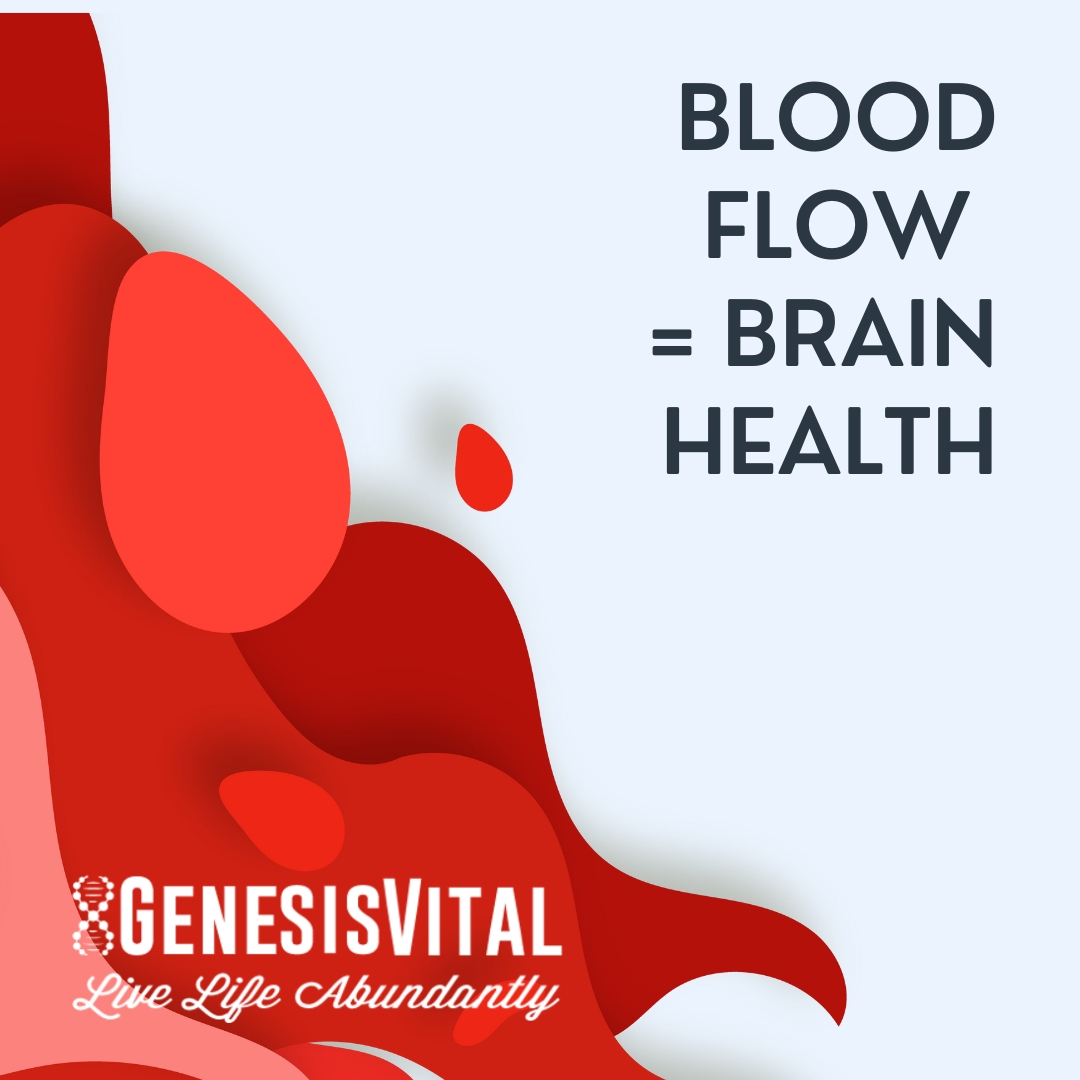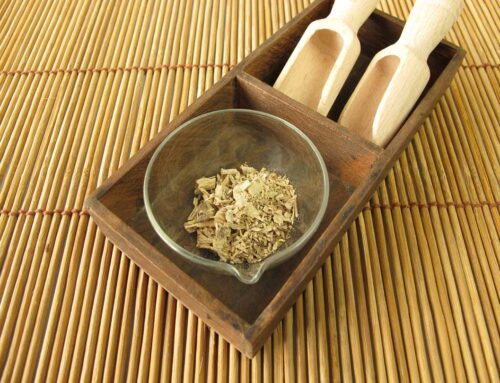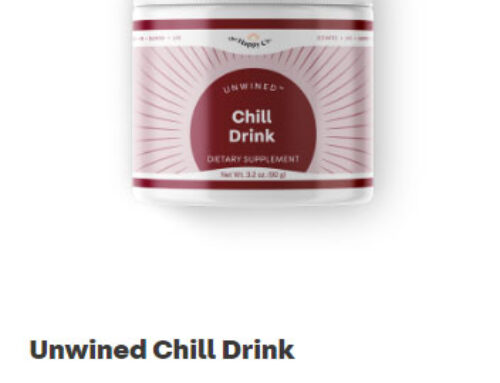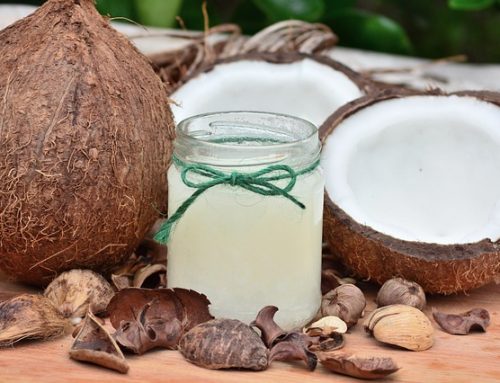
These are the top 20 ways on how to increase blood flow in your brain.
Brain health substantially impacts every element of your daily life. Blood flow to the brain is the number one proven habit that improves, heals, and repairs damage to the brain. Damage to the brain can occur from a concussion, stress, PTSD, trauma, alcohol, drugs, prescriptions, smoking, and anxiety. Increasing blood flow to the brain is essential for optimal cognitive function and overall brain health. Here are several strategies to enhance blood circulation to the brain:
- Regular Exercise:
- Engage in aerobic exercises such as walking, running, swimming, or cycling. Physical activity promotes blood circulation throughout the body, including the brain.
- Stay Hydrated:
- Drink an adequate amount of water throughout the day. Dehydration can lead to reduced blood volume, affecting blood flow to the brain. Taking electrolytes can help your body absorb more hydration and is added to your water. The various flavors can help you consume more water.
- Brain Supplements:
- Omega-3 from wild Alaska salmon is one of the best supplements to improve brain health. This supplement is also proven to help with brain injuries such as concussions.
- Massage Therapy:
- Getting a message improves blood flow, relieves stress, and helps release good hormones. Ask your massage therapist to include a cranial head massage.
- Use It or Lose It:
- Activating the thought centers in your brain increases blood flow due to the need for use. Reading, working on a new skill, and learning improve brain health.
- Laugh:
- Laughing stimulates different parts of your brain than regular functions. This helps increase blood flow throughout the brain. Laughter is great medicine.
- Sex:
- Sexual activity increases blood flow throughout the body, including the brain. It also releases happy hormones that further improve brain health.
- Healthy Diet:
- Consume a balanced diet of fruits, vegetables, whole grains, and lean proteins. Foods high in antioxidants and omega-3 fatty acids support vascular health.
- Manage Stress:
- Stress constricts blood vessels. Practice stress-reducing techniques such as exercise, prayer, gratitude, deep breathing, and massage.
- Adequate Sleep:
- Get good quality sleep. Lack of sleep can impair blood flow and negatively impact cognitive function. Lowering the temperature at night and taking a natural sleep aid such as melatonin helps improve sleep.
- Caffeine Intake:
- Moderate caffeine consumption may temporarily increase blood flow to the brain. Coffee, tea, and dark chocolate are sources of caffeine.
- Ginkgo Biloba:
- Ginkgo biloba is an herbal supplement that may improve blood circulation.
- Cold-Water Fish:
- Include fatty fish in your diet, such as salmon, mackerel, and trout, which are rich in omega-3 fatty acids that support cardiovascular health.
- Dark Chocolate:
- Dark chocolate contains flavonoids that may improve blood vessel function. Choose chocolate with at least 70% cocoa content.
- Nitric Oxide-Rich Foods:
- Foods high in nitrates, such as beets, leafy greens, and pomegranates, can promote the production of nitric oxide, which helps dilate blood vessels.
- Vitamin C-Rich Foods:
- Vitamin C is essential for collagen formation, which supports blood vessel health. Citrus fruits, berries, and bell peppers are good sources.
- Hydrotherapy:
- Alternating between hot and cold water during a shower or using contrast hydrotherapy may stimulate blood circulation.
- Acupuncture:
- Some studies suggest that acupuncture may help improve blood flow and circulation.
- Deep Breathing Exercises:
- Practice deep breathing exercises to enhance oxygenation and improve blood flow. Diaphragmatic breathing, in particular, can be beneficial.
- Avoid Smoking:
-
- Smoking constricts blood vessels and reduces blood flow. Quitting smoking can have numerous health benefits, including improved circulation.
How long does it take for cardio to improve circulation?
Most studies show that cardiovascular training requires a minimum of 30 minutes, three times a week, to guarantee increased aerobic capacity in about 8 to 12 weeks.
How much cardio for blood flow?
At least 30 minutes a day, at least five days a week. Examples: Running, swimming, cycling, playing tennis, and jumping rope. Heart-pumping aerobic exercise is the kind that doctors have in mind when they recommend at least 150 minutes per week of moderate activity.
(Johns Hopkins Medicine)
What is the recommended duration of cardio?
According to Harvard and the Mayo Clinic, 150 minutes a week. If you’re already exercising and fit, you can cut your exercise time in half—to just 75 minutes a week—by doing vigorous exercise instead of moderate. Generally, that would amount to 25 minutes, three days a week.
Can poor circulation be reversed with exercise?
Plaque buildup, blood clots, or narrowed blood vessels can lead to poor circulation. When obstacles or narrow paths slow blood flow, it’s difficult for your body to send blood to every part of it efficiently. Exercise and healthy food can help.
What eats plaque in arteries naturally?
Avoid Clogged Arteries with These 8 Healthy Foods
Fish. Fatty or oily fish such as salmon and tuna are a great source of omega-3 fats, compounds shown in studies to reduce the amount of plaque that sticks in your arteries;
Seeds & Nuts
Green Vegetables
Olive Oil – unheated
Berries
Avocado
Broccoli
Cocoa
What drink opens up arteries?
Pomegranate juice is rich in antioxidants, which help open the blood vessels to allow more blood flow. It is also known for keeping the arteries from becoming stiff and thick.
Does magnesium dissolve arterial plaque?
Magnesium supplementation can inhibit atherosclerotic plaque formation in animals on high-fat diets. Recent human studies have revealed strong associations between low magnesium levels and higher heart disease risks. This demonstrates that magnesium can be a robust protective measure to maintain heart health.




